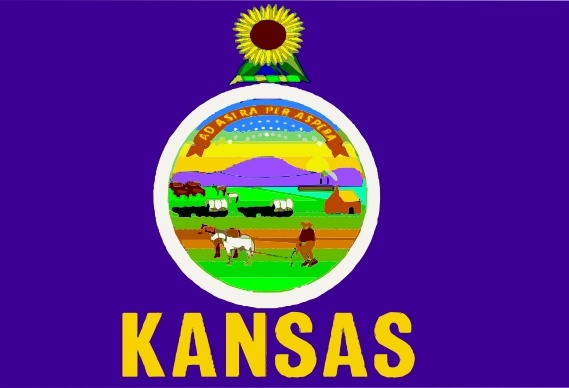MANHATTAN, Kansas — The Kansas Department of Agriculture Division of Animal Health has received notification of a confirmed case of West Nile virus (WNV) in a horse in Shawnee County.
“West Nile virus is a preventable disease, and we know that annual vaccinations have proven highly effective for horses,” said Kansas Animal Health Commissioner Justin Smith. “Unfortunately, the infected animal had not been vaccinated for this virus. We strongly encourage all horse owners to consult with your local veterinarian and make a vaccination plan for your horses.”
WNV is a virus that can infect humans, horses, birds and other species. Horses infected with WNV can have symptoms that range from depression, loss of appetite and fever to severe neurologic signs such as incoordination, weakness, inability to rise, and hypersensitivity to touch or sound. WNV can be fatal in horses. If you see symptoms of WNV in your horse, contact your veterinarian immediately.
The virus is carried and transmitted by mosquitoes; although both horses and humans are susceptible, it is not directly contagious from horse to horse or from horse to human. Horse owners should work diligently to reduce the mosquito populations and their possible breeding areas, including removing stagnant water sources and using mosquito repellents. WNV is a reportable disease in Kansas, which means the law requires any confirmed case must be reported to the KDA Division of Animal Health.
For more information about West Nile virus or other animal disease issues in Kansas, go to the KDA Division of Animal Health website at www.agriculture.ks.gov/AnimalDiseases. Information about WNV risk for humans can be found on the Kansas Department of Health and Environment website at www.kdheks.gov/epi/arboviral_disease.htm.
